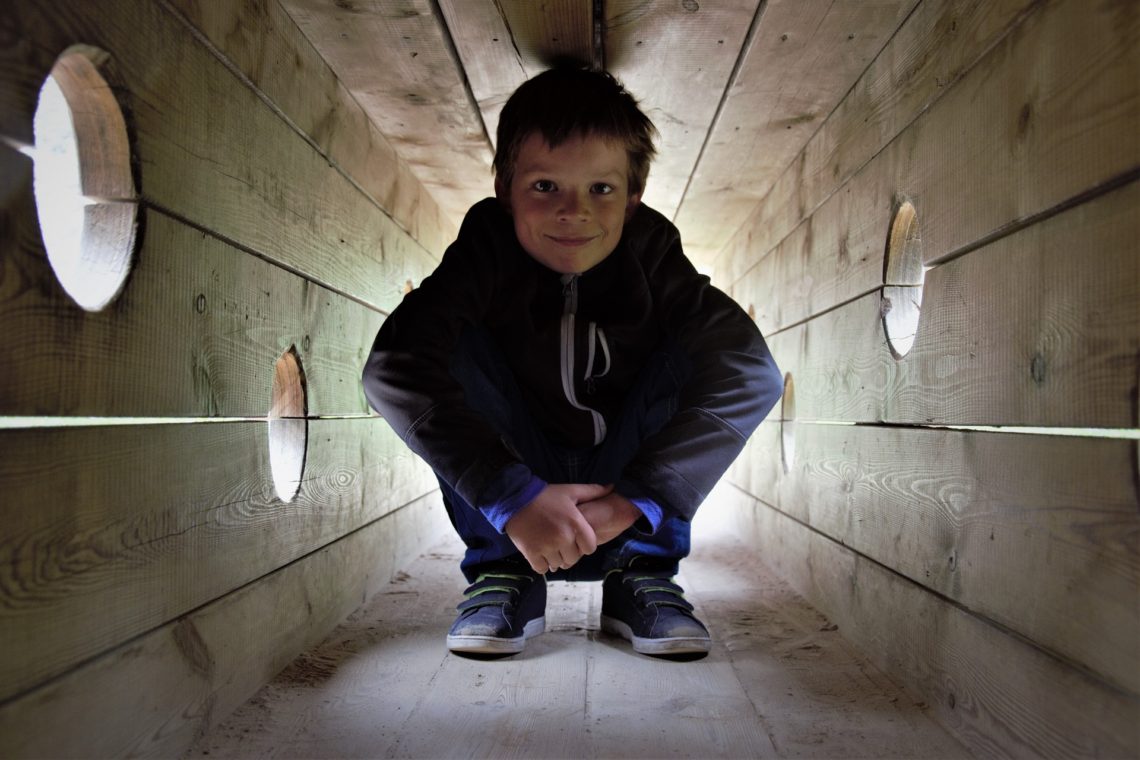
Encouraging Introverted Children
“Encouraging Introverted Children” is part one of a three-part series I’ve chosen to write as a participant of
The series is titled, “Tips for Helping Struggling Learners.” Obviously, I can’t address every type of learning struggle, so I’ve chosen three areas in which I’ve had some experience—whether with my own children or others I’ve taught.
There are three posts in this series:
Encouraging Introverted Children
Inspiring Wavering Writers
Reassuring Reluctant Readers
Disclaimer
Of course, there’s a disclaimer. Although I have a
Due to the lack of time, space, and my lack of expertise, this post is not taking into account learning disabilities, depression, abuse or anything like that. It’s simply a list of ways to encourage your homeschool students.
Every child is a precious gift from God, created with unique abilities and talents. Only you can decide what will work best for your children. If you’ve found other things helpful, I hope you’ll share
Why Are We Talking About Introverts?
Why are we talking about introverts? I wanted to begin with this topic because so often we misinterpret the actions, or inactions, of introverted children.
Because introverts are typically quieter than others in social settings, or take their time answering questions, we sometimes wonder if there is a delay in academic or social development.
I wish I’d been more aware of the characteristics of an introvert earlier in our homeschooling journey. The knowledge probably would have helped me be more understanding.
In addition to unconditional love and guidance, we need to give our introverts some helpful tools.
Characteristics of Introverted Children
The Center for Parenting Education.org states this about introverted children.
They:
- Communicate best one-on-one.
- Are strong listeners.
- Need time to ponder questions before responding.
- Often prefer not to share emotions.
- Have high self-awareness.
- Learn well through observation.
- Are quiet in social settings.
- Have fewer close friends than extroverts.
- Usually have good social skills but can be overwhelmed by sights and sounds in a large group.
Also, several research teams have pointed to data showing how introverts’ brains work differently leading them to believe introverts are typically biologically wired that way.
So, while it’s good to help them avoid extreme behaviors, it’s best to forgo the idea of setting out to change
Instead, focus on providing loving acceptance and gentle encouragement. This will be most helpful when inching them beyond their comfort zones.
Ways to Encourage Introverted Children
The world tends to focus on the extroverts. Sometimes, that can be challenging, even discouraging, for our introverted children.
However, there are ways we can encourage them. Homeschooling provides wonderful opportunities to meet their needs and stretch their boundaries.
Provide Peace and Quiet
Try maintaining a peaceful homeschool learning environment. If your introvert has siblings, ask him if he’d like to create a private place to do his school work. He may enjoy doing some subjects with siblings, such as when Mom reads a book aloud. Other times, he may prefer his own space.
If a child segregates himself during stressful times such as when his siblings squabble, or even during happy events, like going on a field trip, don’t admonish or embarrass him in front of others.
Take a moment to find out the reason for his isolation. Are things too loud? Too much commotion?
Introverts can become overwhelmed with too much stimuli. Talk with your child about a reasonable amount of time for him to take a breather.
Brainstorm for polite ways to excuse himself from the stressful situation, and how and when to reenter.

Slow Down
When homeschooling, keep in mind introverts like to listen, observe, and ponder.
Extroverts are eager to blurt out answers while introverts like to roll the information around in their heads before formulating an answer.
When asking questions about a subject, ask open-ended questions and try to limit interruptions while waiting on an answer.
This is a challenge if you’re an extroverted parent or if your introvert is around extroverted children.
A discussion can move on to other things before the introvert is able to express his thoughts.
This is the area I struggle the most with because I think the introverted child doesn’t know the answer or isn’t paying attention. I forget to slow down, be quiet, and let him ponder for a minute.
Brainstorm for multiple formats for children to share their thoughts and knowledge–not just orally answering questions. Consider writing reports and essays, or creating
Introverts help us cultivate patience.
Interact Socially
Because social interactions can potentially be loud and overstimulating, our introverts may balk at participating. Consider the following ways to encourage your introverted children to interact socially.
- Gently ease them into new situations such as homeschool co-ops. Would it be beneficial to have one or two families over to do science experiments with or to study a subject together, before enrolling in a co-op?
- If possible, take your introvert to visit new places before going with a group. Or arrive early to adjust to the environment before everyone else arrives.
- Encourage friends and family members to speak encouraging words and not to berate them for their introverted nature.
- Teach introverted children proper etiquette and give them opportunities to practice it. Don’t allow them to use their introvert tendencies as an excuse out of good manners.
- Practice conversation-starters with them.
- Teach them to speak up for themselves, especially against bullies. They must learn the safety of learning how to say no.
- Find ways your introverted children can serve others.
- Stress the importance of building relationships with people.
- Practice one-liners they can offer while formulating thoughts such as:
“I hear what you’re saying. Can you give me a minute to think on that before answering?”
“Let me swirl that around in my head for a minute and get back to you when it settles.”
“I care about what is taking place, I just need to take a breather.”
“My battery is running low. I’ll be back after I recharge.”
- Don’t let your introverts opt-out of going places. Instead, reassure them they have the tools of knowing how and when to take a break, how to start conversations, and how to speak up for themselves.
- Praise children when they take positive social risks and try new things.
- After an event, talk to them about the things they enjoyed.

One way I’ve encouraged my kids to attend an event where they didn’t know many people, such as a 4-H summer workshop or a day camp, was by asking them, “What if your best friend ever is there? You won’t know unless you go.”
I urged them to introduce themselves to at least two new kids. I also reminded them there were other kids there who were probably more nervous than they were who needed a friend.
More Helpful Tips
- Ask your introverts to keep a daily journal.
- Tap into their creative side. Explore various crafts and art mediums. First alone, or with a small group, then consider enrolling in a class.
- Promote the fun of adventures.
- Don’t compare them to others or pressure them to be extroverts.
- Boost confidence by showing unconditional love.
- Model courage.
- Teach them their thoughts and voice matter.
- Study about other introverts such as Abraham Lincoln and Mother Teresa.
- Are you an introvert? Share your testimony.
- Remind your introverts of God’s love for them, how He will help them in all situations, and how He works through the lives of all kinds of people to help others and share the gospel.
“. . . but let it be the hidden person of the heart, with the imperishable quality of a gentle and quiet spirit, which is precious in the sight of God.”
1 Peter 3:4
Tell your children we may have words to describe our natural temperaments, but those terms do not define a permanent state. We are always growing, adapting, and changing.
What takes place in the heart is the most important thing. For the Christian, we need not worry about anything. We place
“I can do all things through Him who strengthens me.”
Philippians 4:13
Do you have a question or something helpful to share? We’d love to hear your comments below.
Come back Wednesday and view my next post in this series, “Inspiring Wavering Writers.”
Finally, be sure to check out some of the other great posts in this five-day blog hop. There is sure to be some help and encouragement for you.
CREW @ Homeschool Review Crew – 2019 Annual Not Back to School Homeschool Blog Hop. Just a sampling of those are listed below:
Chareen @ Every Bed of Roses – ABC of Homeschooling
Erin @ For Him and My Family – Large Family Homeschooling
Lori @ At Home Where Life Happens – Learning Life Skills
Monique @ Mountain of Grace Homeschooling – Homeschooling the High School Years
Abby @ Making Room 4 One More – Time Management for Homeschool Moms
https://www.linkytools.com/thumbnail_linky_include.aspx?id=293884%22





14 Comments
Sandra Lovelace
Thank you for this much needed information and encouragement. 😀
May it be heeded in homes across the globe.
Pingback:
Sally Matheny
Hi, Sandra! I hope you’re doing well. Thanks for popping in and sharing your kind words of encouragement. 🙂
Lori
You have some helpful suggestions here that I will be thinking more deeply on in the coming days. My oldest is fairly introverted and we work hard at encouraging her to be bold in the things she chooses to do.
Pingback:
Pingback:
Pingback:
Pingback:
Pingback:
Pingback:
Pingback:
Pingback:
Pingback:
Pingback: